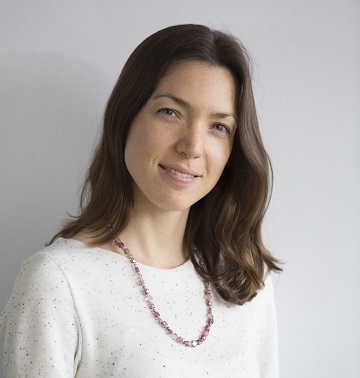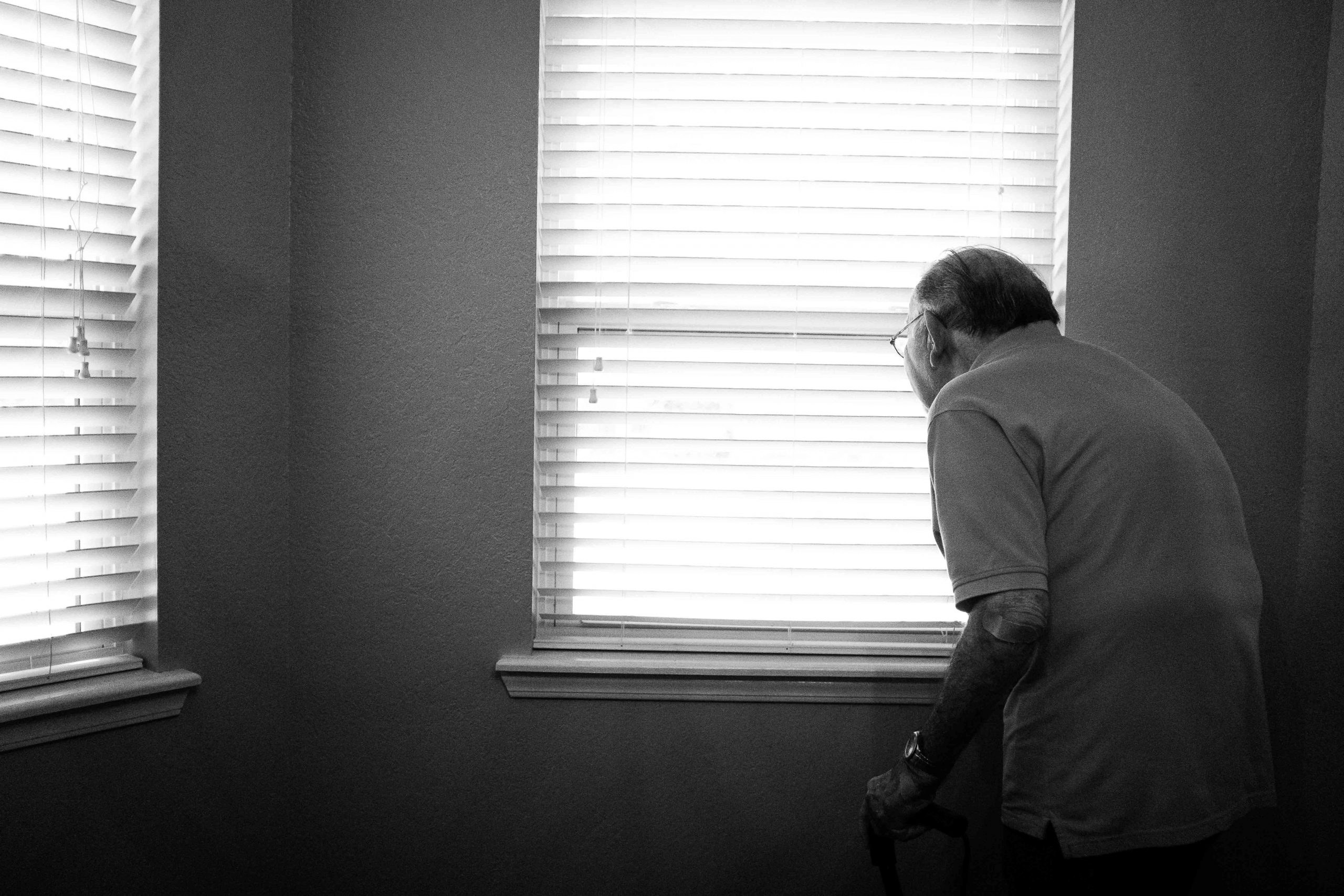 Graham Francis’ work as Senior Policy Lead in Online Safety Tech at the Department of Digital, Culture, Media and Sport (DCMS) means he develops policies that tackle some of the trickiest issues facing society today. It’s tough work, he admits, yet worthwhile. “The UK is already a world leader in online safety policy,” he says. “But the tech and innovation side of this is growing far faster than I think many had realised and we have great potential to lead the world in this area. No other nation is currently so ambitious.” The future looks promising, he believes.
Graham Francis’ work as Senior Policy Lead in Online Safety Tech at the Department of Digital, Culture, Media and Sport (DCMS) means he develops policies that tackle some of the trickiest issues facing society today. It’s tough work, he admits, yet worthwhile. “The UK is already a world leader in online safety policy,” he says. “But the tech and innovation side of this is growing far faster than I think many had realised and we have great potential to lead the world in this area. No other nation is currently so ambitious.” The future looks promising, he believes.
His assertions are backed up by the new DCMS report, the culmination of a year’s investigation into the state of the nation’s Online Safety Tech community and activity. This project brought Graham into contact with a wide variety of individuals and businesses already working to tackle the issue of online harms. “There are so many people creating solutions and so committed to making the UK’s internet a safe space to be, without having been asked by anyone,” he explains. “We can mobilise that and use it to inform policy development. I feel hugely privileged to be part of the group exploring this and driving for change.”
Part of the process will involve creating a new Innovation Network, for which Nominet is partnering with DCMS. It is hoped this will help connect and grow the existing safety tech community by providing opportunities to share ideas whilst improving the visibility of the organisations in this space. “We want people to know what tools are already available but also be able to share problems and address shared needs,” he explains. “Crucially, it’s also a way to have a cross-sector dialogue to ensure the steps we take are appropriate and work with the existing activity in this space.”
Stepping up to tackle the big issues – and working for the greater good – has been a theme of Graham’s career, which started at Amnesty International before he found his way into the civil service. “I’ve always been interested in making a difference,” he says, “even from quite a young age. I suppose I focused on Amnesty International because I saw Bruce Springsteen doing a tour for them, talking a lot about human rights and freedom of expression. That just struck a chord with me – I must have been about 16.”
Another early inspiration was closer to home: “My dad was a town planner and very compassionate. He saw his work as a way to make life better for people, and in some ways he’d probably have loved a job like mine because he loved technology. I remember he brought home one of the earliest computers and was a believer in the promise of technology to make a positive difference. Whenever he could, he would apply it to his work somehow.”
Graham studied politics and philosophy at university before shifting from a volunteer with Amnesty International to an employee. He worked with the campaign group for eight years, during which technology and the internet started to take off. “The potential of an online community is just extraordinary, helping people communicate and make connections, to find a common cause and make a difference. I worked on Amnesty’s first website and quickly saw the impact of connectivity on the work we were doing. Of course, technology has its negatives too, but I was determined to help people make the most of the good things about tech while protecting them from the bad. It’s what I still do today – and it’s become more crucial as our lives become ever more digital.”
Graham joined the civil service in 2005, working in the Government Digital Service and with the Cabinet Office prior to his current position in DCMS. Online harms, and the new policy around it, is a serious priority for Government and is undergoing a change in approach:
“We’ve moved from simply encouraging voluntary actions from tech companies to protect their users, to now designing regulation that will really hold them to account. We need to instil an idea of a duty of care that is appropriate and proportionate, because we want to maintain freedom of expression, but still protect users, and to ensure the UK is an attractive place to grow a business. It’s a fine balance – and the tech is changing so fast,” he explains. It’s not all bad, though, and he relishes the feeling of forging new frontiers: “It feels like we’re at the beginning of an emerging tech industry that will have as much of an impact as things like cyber security or AI. It’s exciting to be part of it, but it’s a complex, evolving landscape and my job is similar – no two days are the same, ever!”
The work is given a deeper resonance by the fact he has three young boys at home, all submerged in a digital existence that his generation did not experience at such an influential age. Does his own insight into the worst of online behaviour make him a cautious parent? “They’re on screens a lot,” he admits, “and of course the ideal is that we are with them all the time, nurturing their minds and engaging, but the reality is that we have to make dinner. All we can do as parents is to create an environment that is best for them and educate them on the risks. But it is a challenge. Things change so fast. My boys are joining new networks all the time and even I’ve never heard of them. Is it safe? What does safe look like? How do parents know? There’s no right answer, really, because you want to protect them, but you also have to respect their privacy and give them space to learn and grow.”
Both at home and at the office, then, Graham must strike a precarious balance and search for solutions to some of the most complex emerging challenges of our society. It’s a tough gig, but for Graham, it’s the ideal. “I couldn’t imagine doing anything more worthwhile,” he says. “All I ever wanted was to do something that was interesting and important. This seems like the ultimate. I’d even go as far as to say this is probably one of the most inspiring periods in my public service career”.


